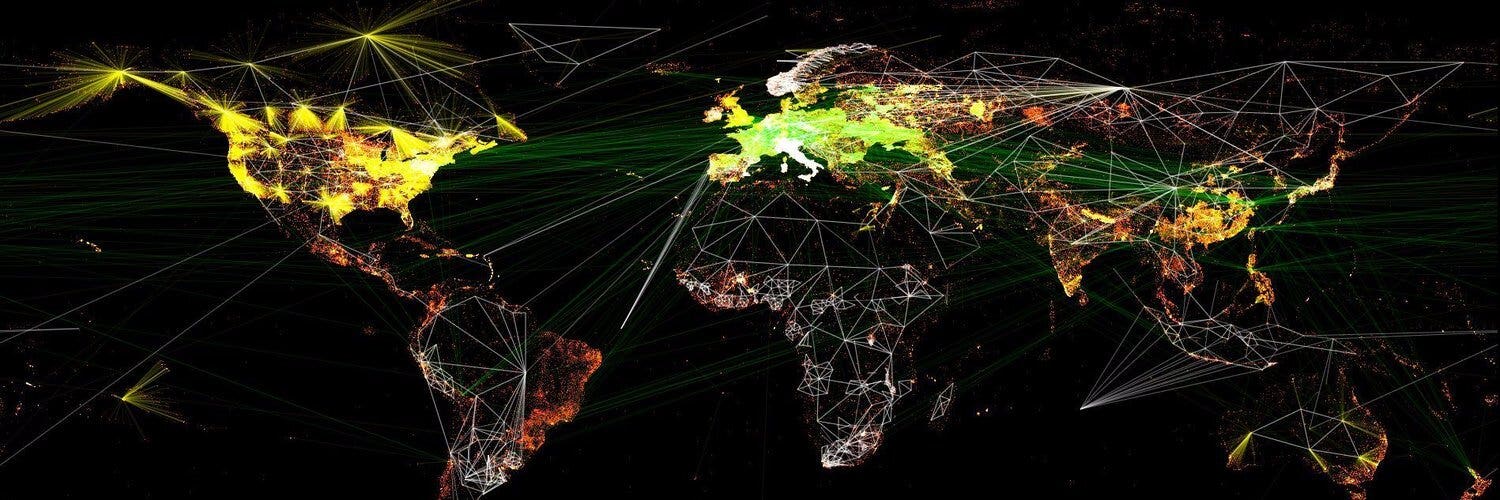


Husband. Dad. Cat housemate. PhD. Works on Abstract Wikipedia and Wikifunctions at Wikimedia Foundation. Wikidata founder. Previously: ontologist at Google, Wikimedia Trustee, and RPG author. Berkeley, CA, roots in Brač, Croatia, grew up in Germany. he/him. Views my own.
Posting cat pics and occasionally other stuff.
This profile is from a federated server and may be incomplete. Browse more on the original instance.